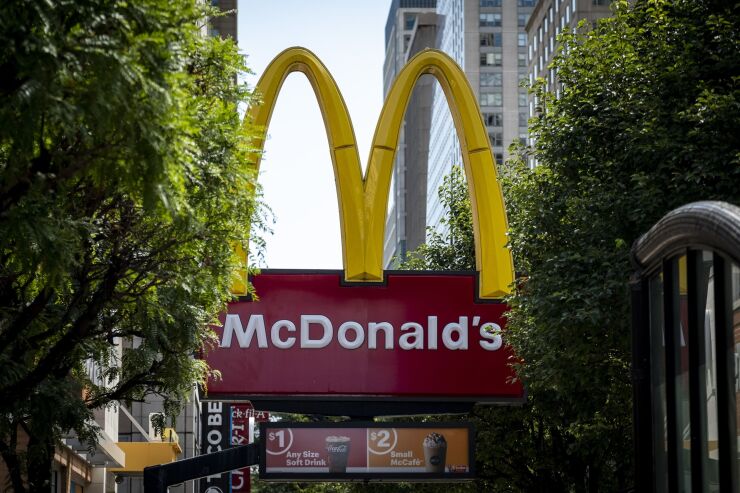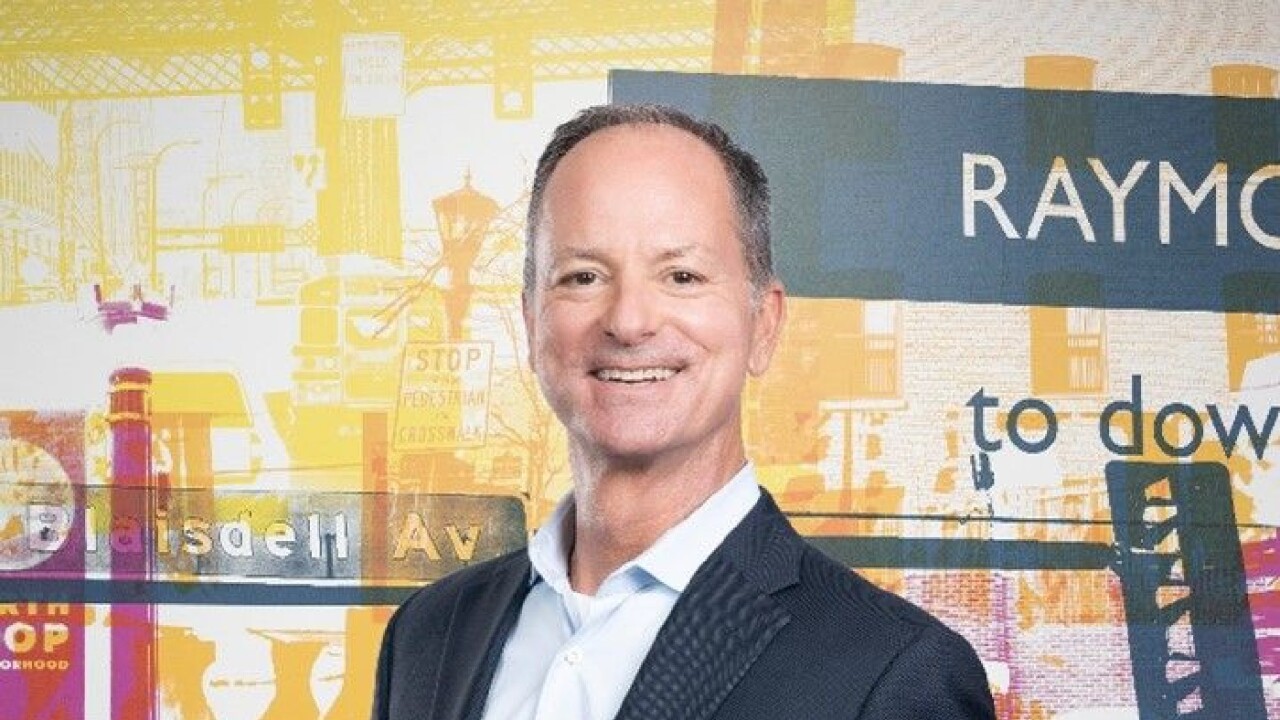Adyen’s aggressive year of client and technology additions has been capped off by adding McDonald’s to its network, bringing in a merchant with a huge appetite for streamlined app-driven transactions.
McDonald’s manages huge volumes of consumers and transactions globally, making an openness to retail innovation necessary to keep consumer experiences as fast and seamless as possible. It’s one of the world’s largest retail chains, with nearly
“McDonald’s is rapidly advancing its technology to complete in the global digital economy,” said Krista Tedder, head of payments at Javelin Strategy & Research. “With consumers focusing on experiences and convenience it is important to make the payment frictionless and almost invisible.”

It's a big client win for Adyen, which is competing to add payment processing and ancillary services for merchants as payments becomes part of a larger multi-channel experience. Amsterdam-based Adyen's momentum accelerated in 2018, when it lured
In recent months Adyen has added
And in November, Adyen launched Adyen Issuing, an API service that provides prepaid cards that are available to either consumers or retailers for B2B supply chain payments.
Adyen's deal with McDonald's comes as the fast food chain builds and acquires technology to upgrade ordering and payment. "We'll be looking for tech new projects," said Ingo Uytdehaage, Adyen’s CFO, who characterized the relationship as broad-based in terms of technology and markets. "It fits into the wider trend where we like to support convergence of different channels."
After Starbucks, McDonald’s was one of the first retailers in any category to adopt mobile payments, with stores in Canada using the technology as early as
For McDonald’s, the selection of Adyen reflects the need to have a digital-focused processor that can meet multiple payment methods in large markets, Tedder said. “To have customized solutions means you need adaptive payment strategies such as instant payments, digital payments and wallets, virtual cards, regional and global card schemes that all work together regardless of channel of purchase.”
More recently, McDonald’s acquired voice technology company
“The QSR segment is growing in the number of orders that consumers place in apps, either the restaurant’s own app, or GrubHub or other services,” said Richard Crone, a payments consultant. “It blurs the lines between the physical point of sale and someone holding a cash register in their hands on the phone.”
Using mobile apps to enable pre-orders has become a major strategy for quick-serve operators, with Starbucks using a partnership with
"Order ahead and in-app advance orders is an entry point to the physical point of sale for Adyen and its competitors such as PayPal, Venmo, Stripe and Square," Crone said.





